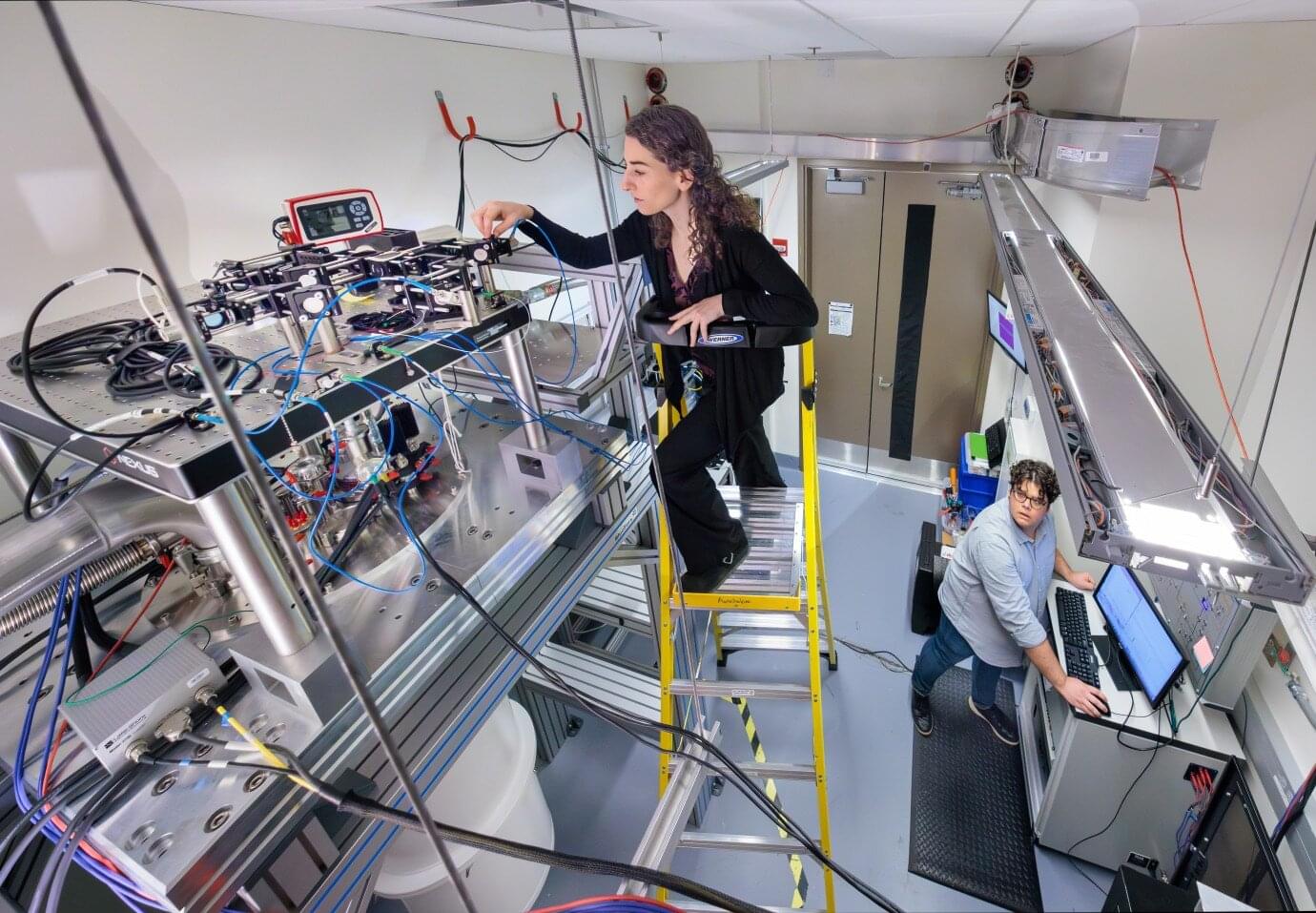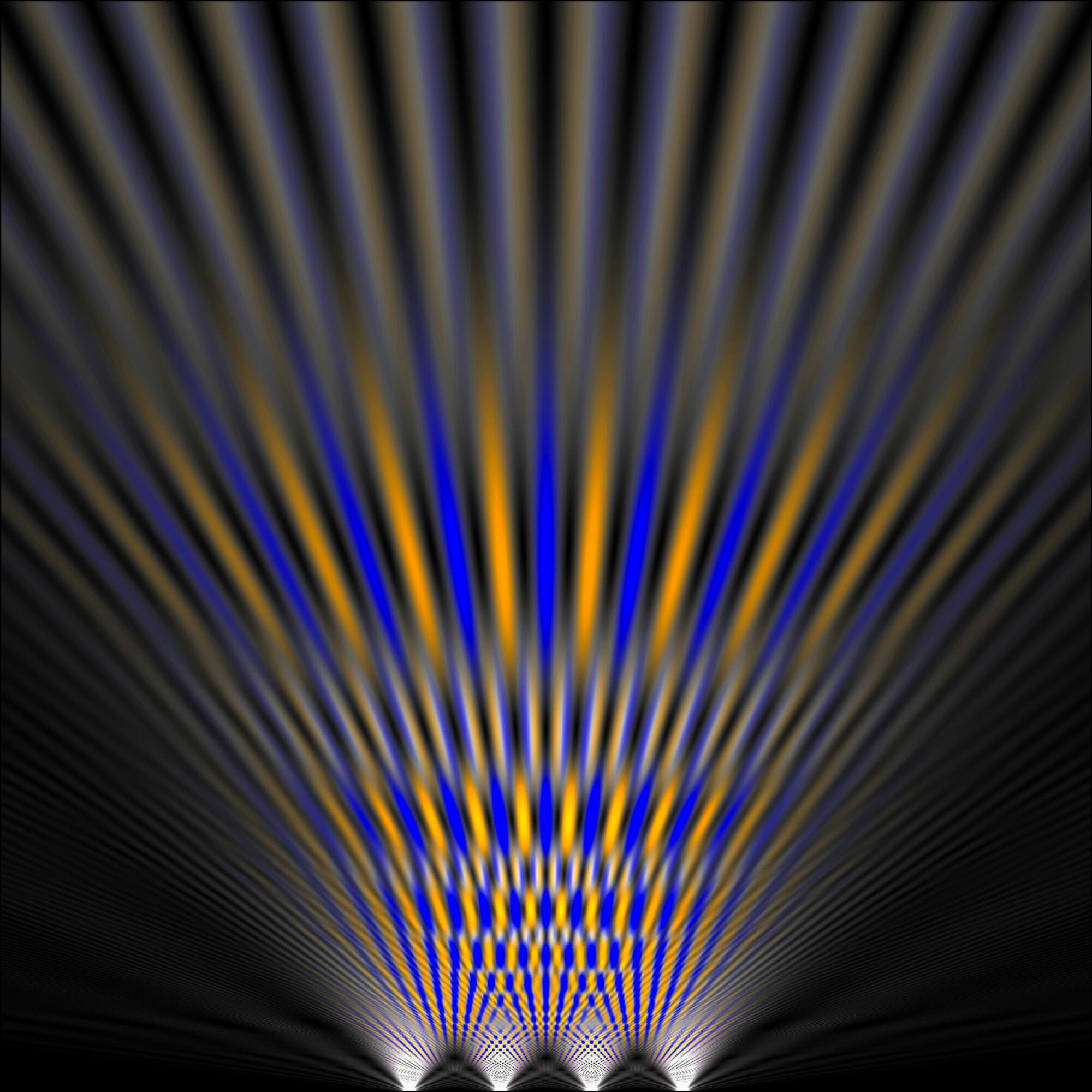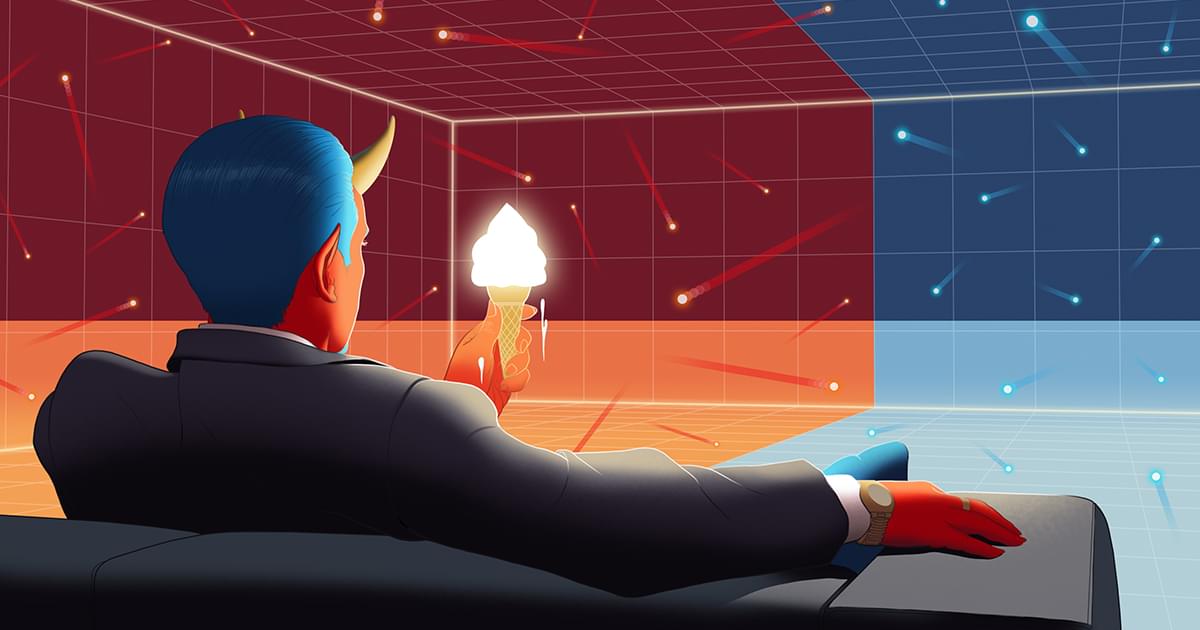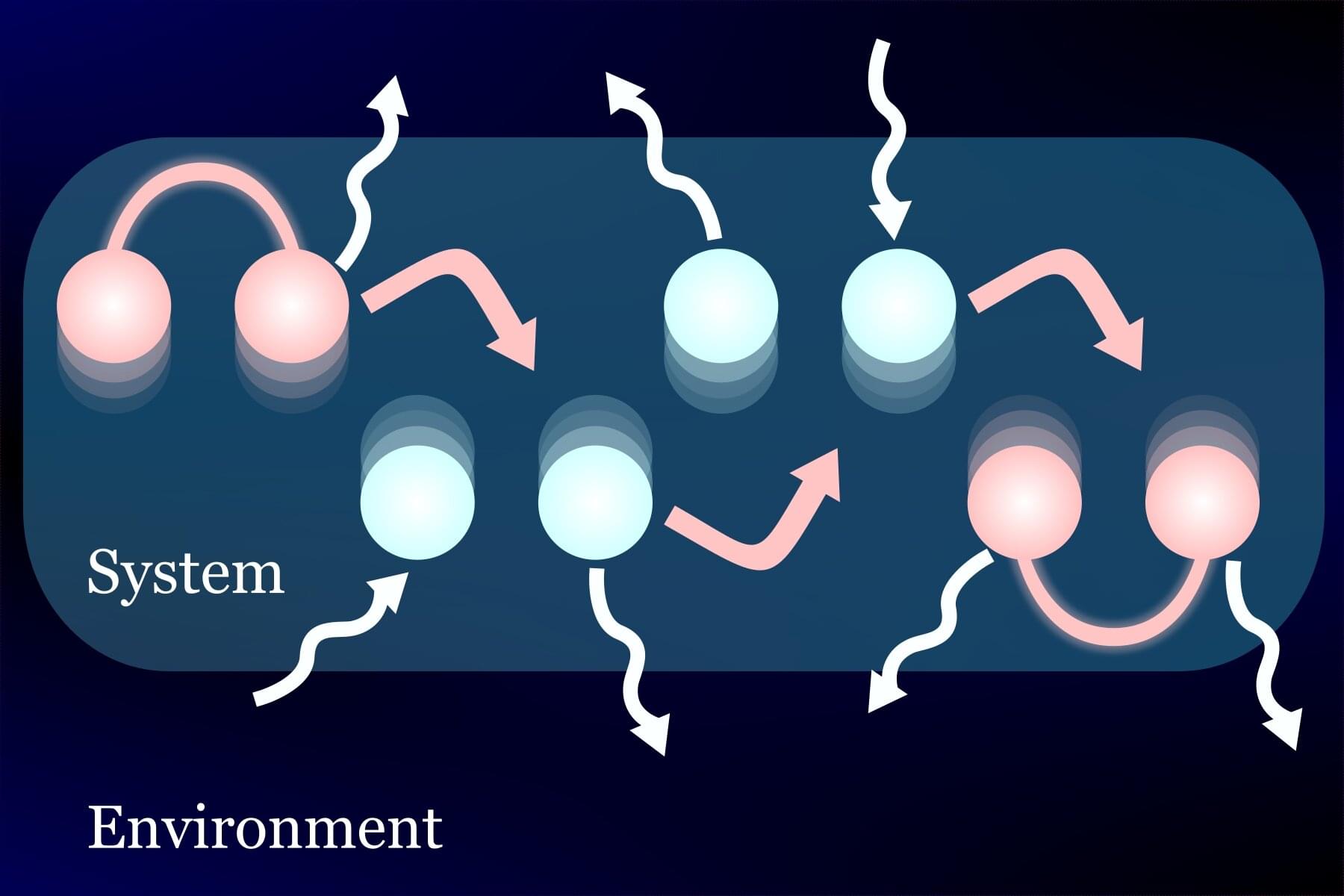Discover the world’s first computer powered by human brain cells! In this groundbreaking video, we dive into the revolutionary Neuroplatform by FinalSpark, merging biology with technology. Witness how biocomputing is transforming the future of artificial intelligence and computing with unparalleled energy efficiency and processing power. Subscribe now to stay updated on cutting-edge tech that blurs the lines between science fiction and reality! 🧠💻
#Biocomputing #Neuroplatform #AI #FutureTech #Innovation #FinalSpark #BrainPoweredComputer.
Stay ahead in 2024: Unlock the future of AI, tech, and innovative businesses! 🚀 Subscribe for the latest insights and be part of a community that learns, grows, and leads the way in a tech-driven world. Discover, ignite and soar into tomorrow with Quantum Spark.







